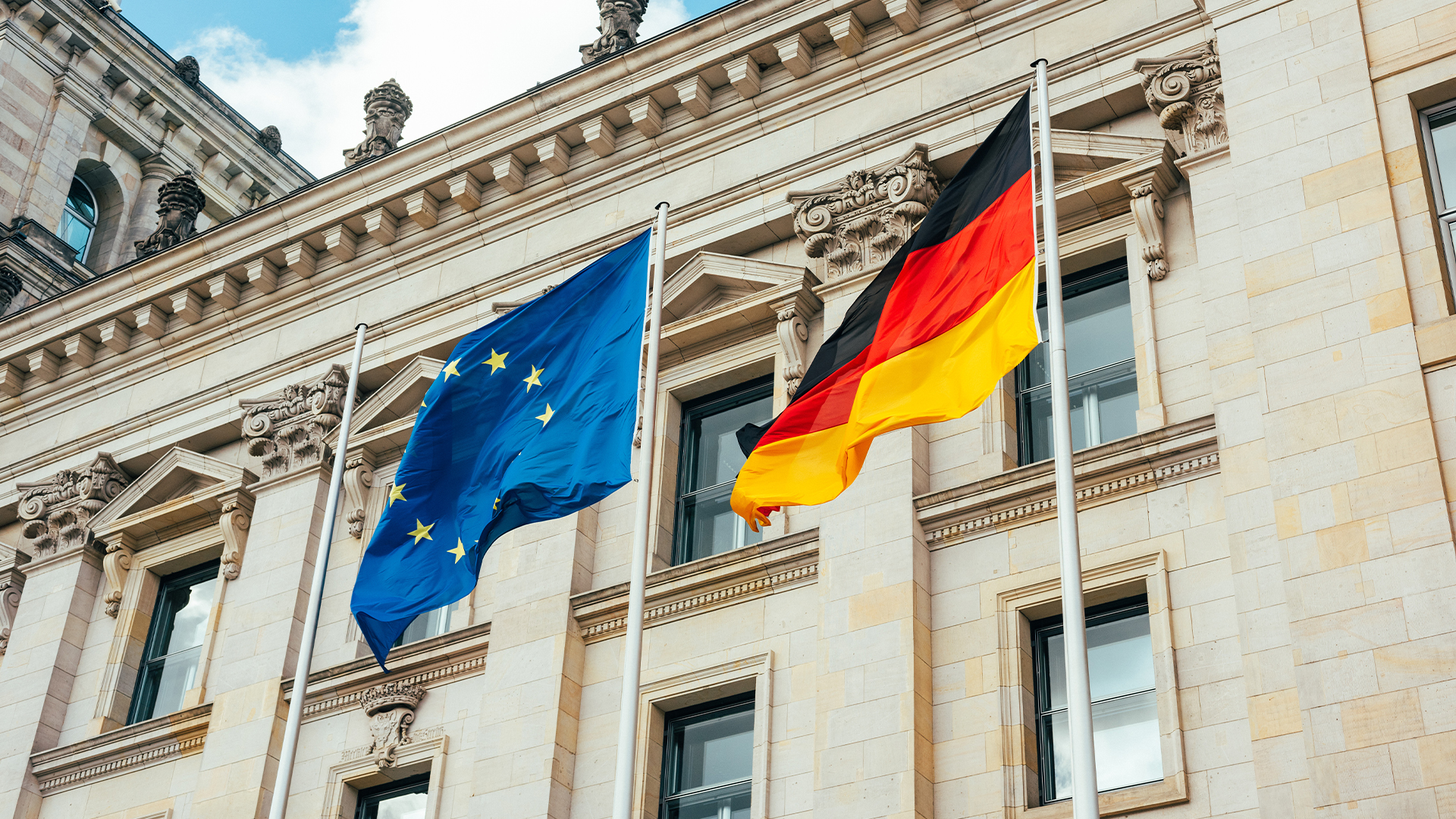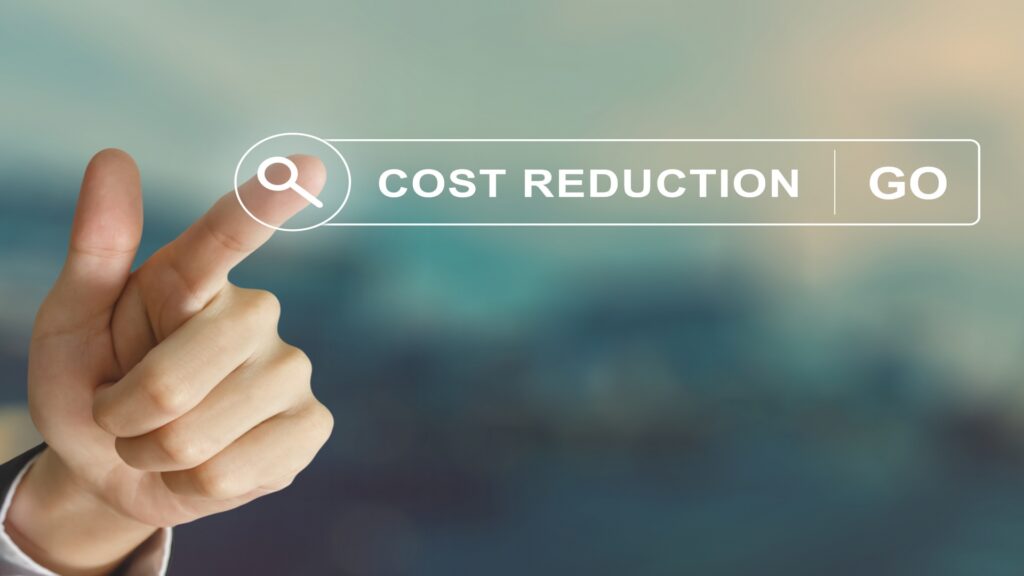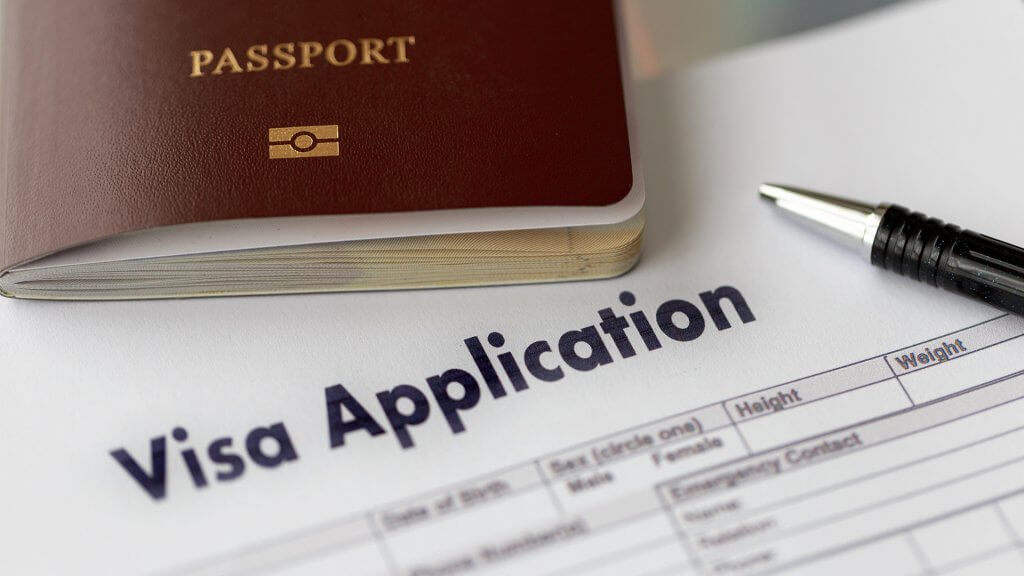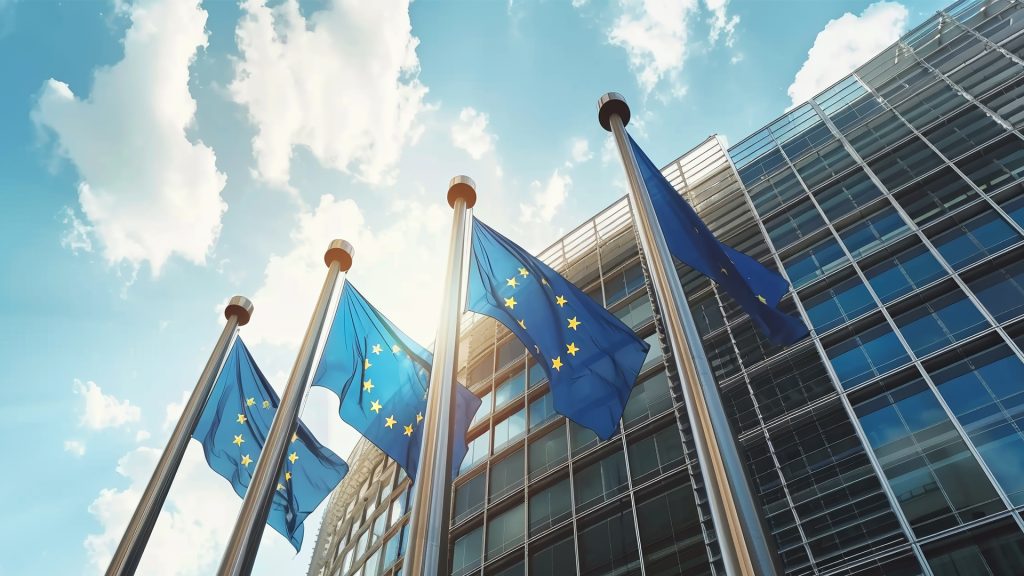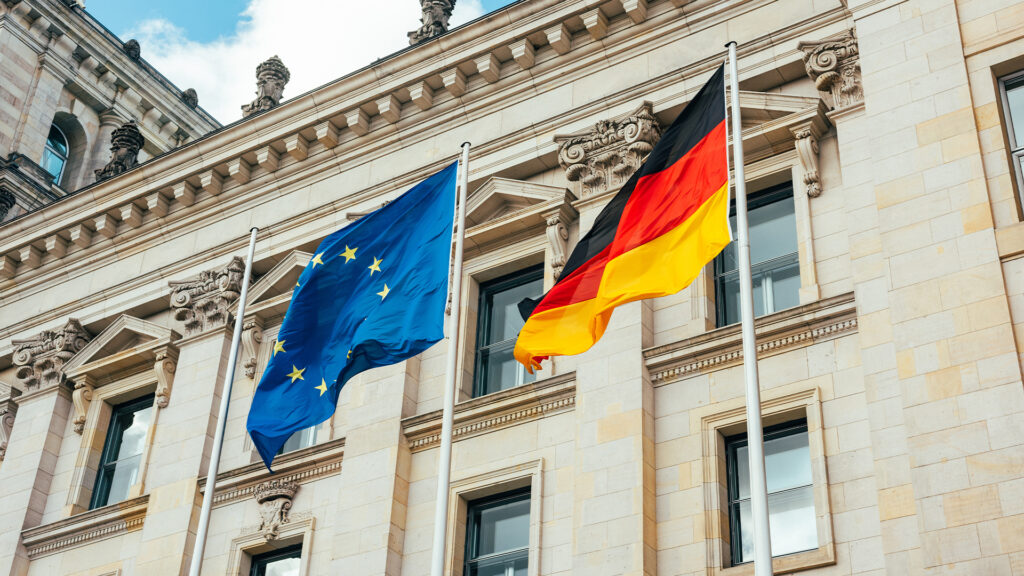
The sources said the suit, known as an infringement procedure, could be launched as early as in the next few days
The European Commission is expected to sue Germany for charging its neighbours an extra fee for buying gas from its storage, seen as flouting the EU’s single market rules, two sources familiar with the matter said.
The sources said the suit, known as an infringement procedure, could be launched as early as in the next few days.
The German tariff is a legacy of the European energy crisis that peaked in 2022 after Moscow slashed gas flows to Europe and an undersea explosion shut down the Nord Stream pipeline from Russia to Germany – the route for 15% of Europe’s gas imports.
To recoup the billions of euros it spent on buying non-Russian gas at elevated prices to fill its storage caverns – the biggest of any country in the EU – Germany introduced what it termed a “neutrality charge” on gas sales to its neighbours.
The extra fee has more than tripled since it was introduced in October 2022, which some governments have said goes against EU single market rules that forbid any tariffs on trade between the bloc’s countries.
“We remain in touch with the German authorities on this matter, including at political level…we do not speculate on the possible opening of infringement procedures,” a spokesperson for the Commission said.
A spokesperson for Germany’s economy and climate ministry said the levy was nondiscriminatory and other EU countries had benefited from Germany rapidly filling its vast gas storage.
“This measure has made a decisive contribution to European security of supply and price stabilisation,” the spokesperson said in an emailed statement.
The EU’s formal infringement process begins with a notice requesting information, followed by a request to comply with EU law before the matter is referred to the European Court of Justice. The procedure can take months.
The Czech Republic, Austria, Slovakia and Hungary in particular have been pushing the Commission to take action against the German levy.
EU energy regulator ACER has said such charges resulted in higher gas prices in some countries, and should not be applied on cross-border trade.
Energy Commissioner Kadri Simson said last month the levy put the bloc’s solidarity at risk and hurt efforts to cut the EU’s reliance on Russian gas.
“Trade between member states is not restricted by the levy, so there is no justification for switching to Russian gas,” the spokesperson for Germany’s economy and climate ministry said.
